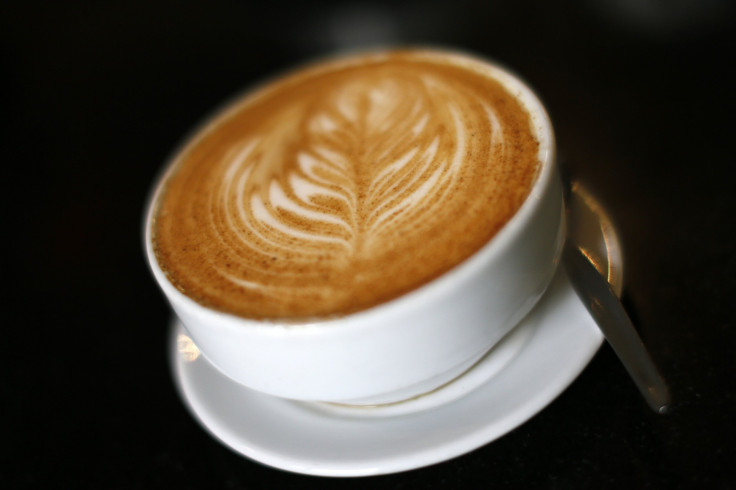Coffee Does Not Increase Cancer Risk, But ‘Very Hot’ Beverages ‘Probably’ Do, WHO Says

The World Health Organization downgraded coffee’s classification Wednesday as a possible carcinogen, saying that there wasn’t enough evidence to indicate a link between the beverage and cancer.
The WHO's research arm International Agency for Research on Cancer (IARC) had assembled experts to look into the possible link, the Associated Press reported. An epidemiologist at Oxford University, Owen Yang, who was not part of the IARC group, had studied this possible link earlier and concluded that coffee does not raise the risk of cancer.
“I'm not really sure why coffee was in a higher category in the first place,” he said.
However, the IARC said Wednesday that drinking "very hot" beverages “probably” causes esophageal cancer.
“These results suggest that drinking very hot beverages is one probable cause of esophageal cancer and that it is the temperature, rather than the drinks themselves, that appears to be responsible,” Christopher Wild, director of the IARC, reportedly said.
The IARC research indicated that beverages at temperatures above 65 degrees Celsius (150 degrees Fahrenheit) may cause cancer of the gullet.
“Studies in places such as China, the Islamic Republic of Iran, Turkey and South America, where tea or mate is traditionally drunk very hot found that the risk of esophageal cancer increased with the temperature at which the beverage was drunk,” the Lyon, France-based agency said, according to Agence France-Presse.
Dana Loomis, deputy head of the IARC program that classifies carcinogens, reportedly said that very hot beverages might cause a “thermal injury” in the throat. The injury could eventually promote the growth of tumors, but there was limited evidence to prove this. He added that there wasn't enough evidence to show if eating very hot food might also increase the risk of cancer.
Chief medical officer of the American Cancer Society, Otis Brawley, noted that quitting smoking and reducing alcohol consumption is more likely to help in reducing the risk of cancer rather than waiting for one’s beverage to cool down, the AP reported.
© Copyright IBTimes 2024. All rights reserved.






















